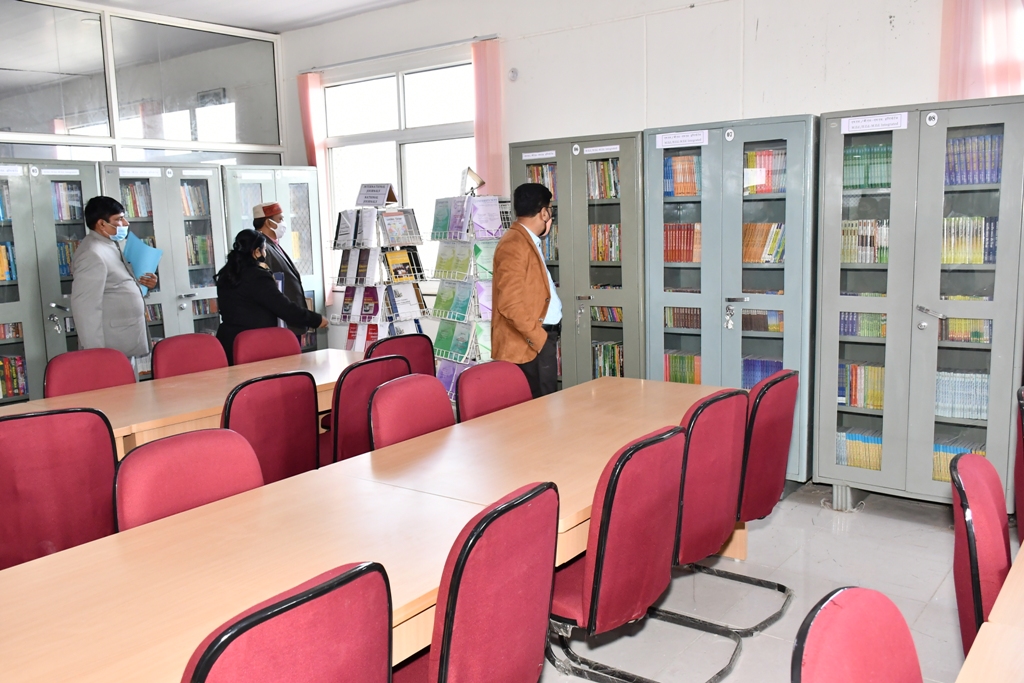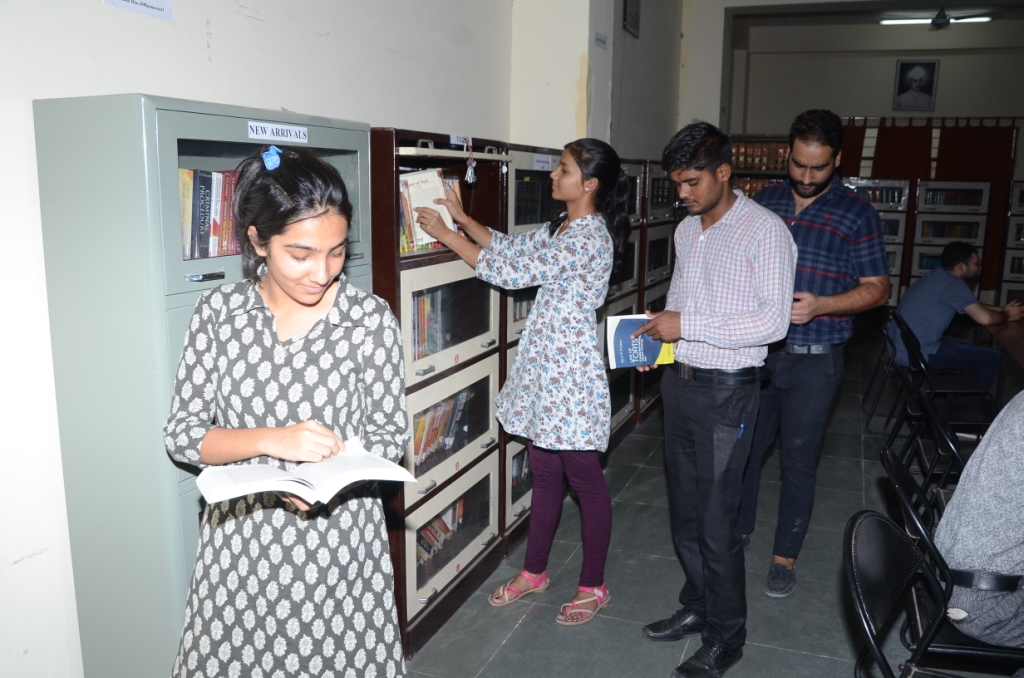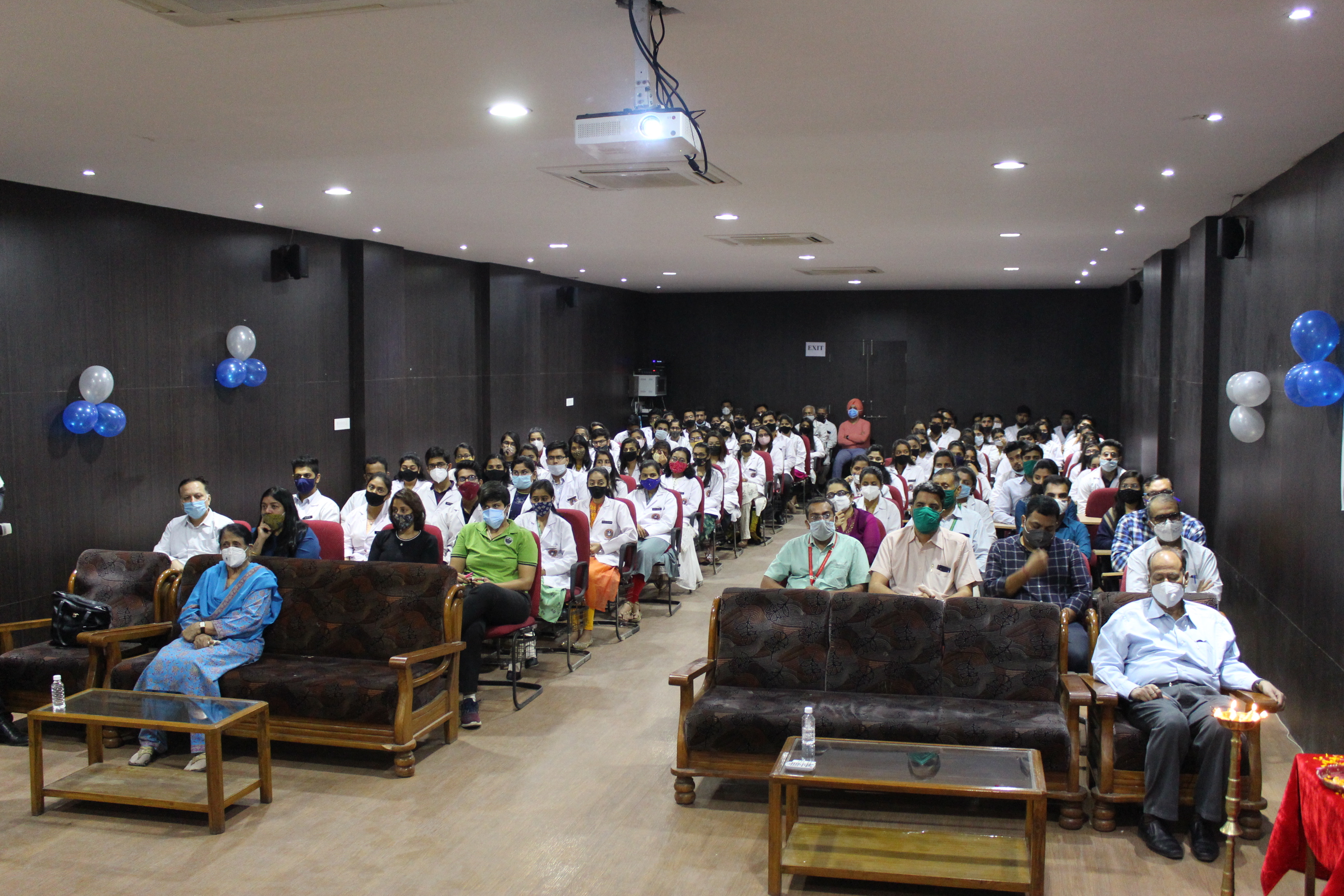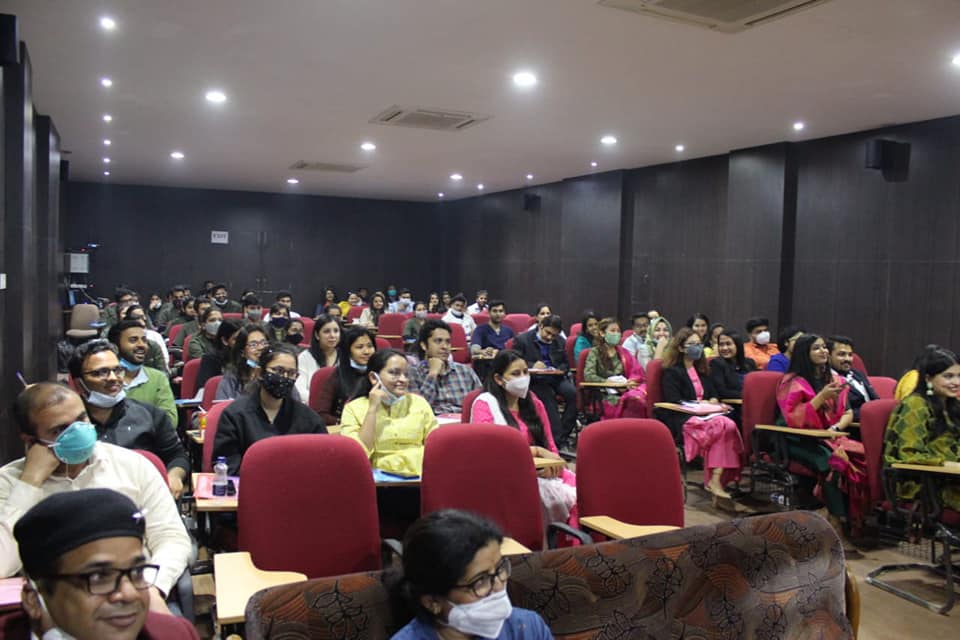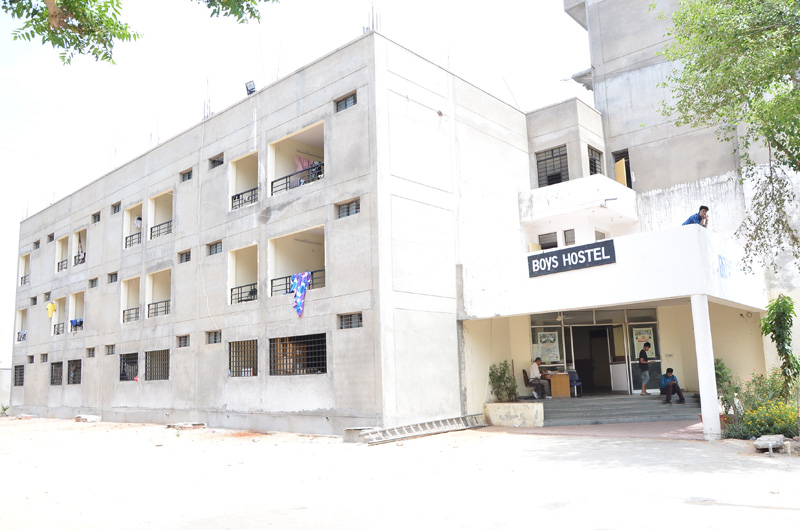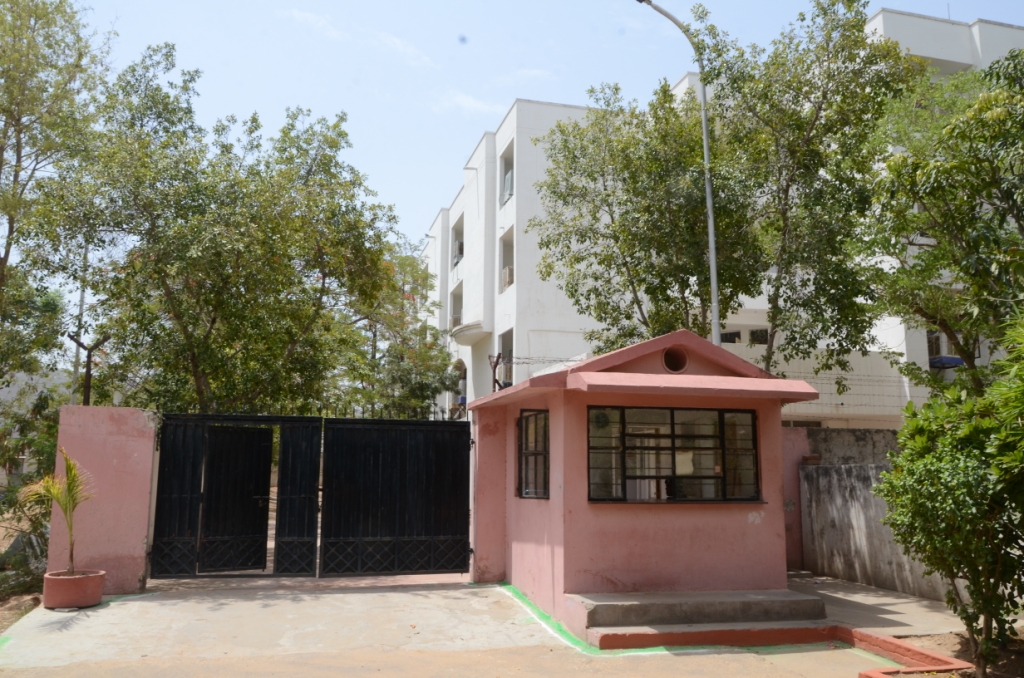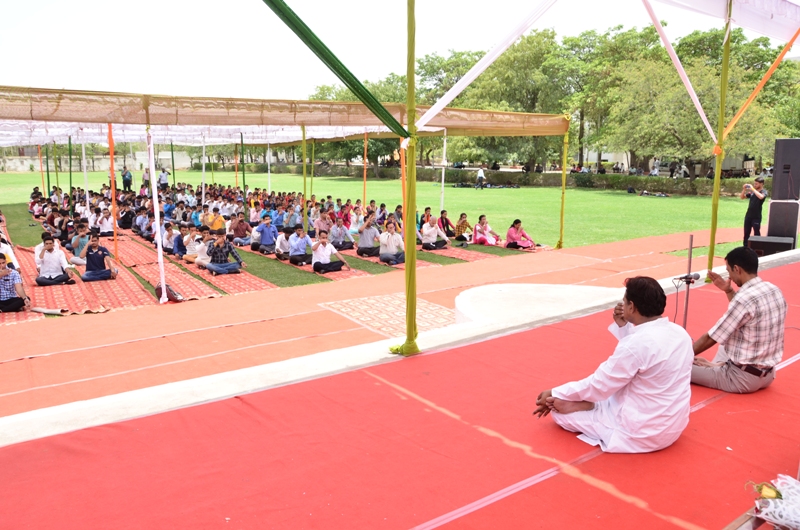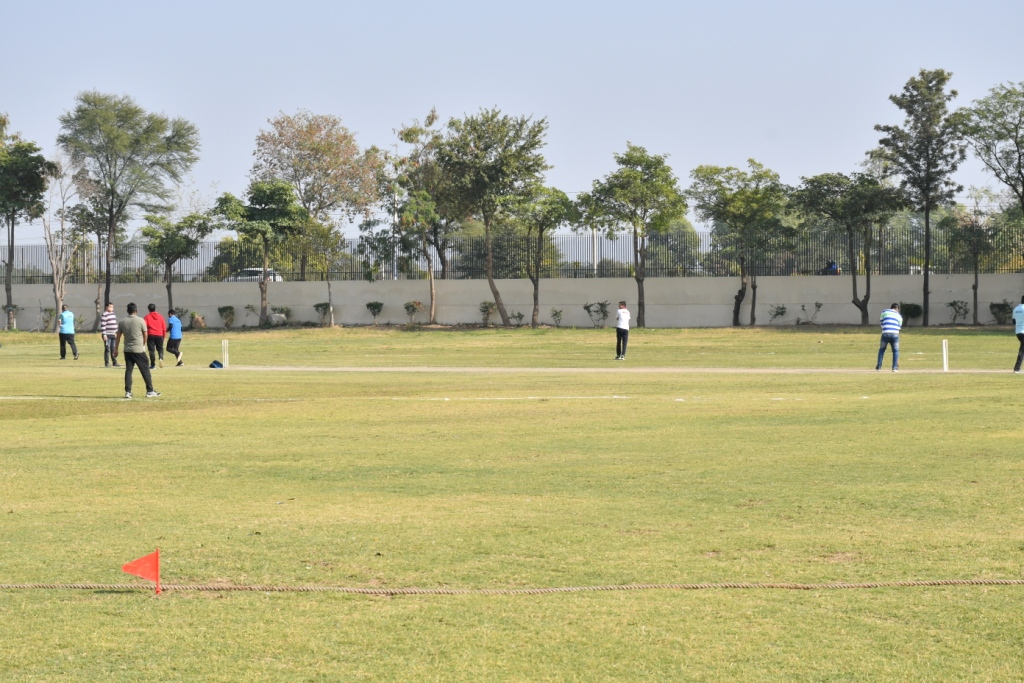NCTE Regulations-2014
NCTE Website Link
-> Clause 7 (14) (i) (a): Sanctioned Programmes along with annual intake in the institution
-> Clause 7 (14) (i) (b): Name of faculty and staff in full as mentioned in school certificate along with their qualifications, scale of pay and photographs.
-> Clause 7 (14) (i) (c): Name of Faculty members who left and joined during the last quarter (see here detail)
-> Clause 7 (14) (i) (d): Names of students admitted during the current session along with qualification, percentage of marks in the qualifying examination and in the entrance test, if any, date of admission and such other information (D. El. Ed.) (B.A. B. Ed.) (B.Sc. B. Ed.) (B. Ed.) [Old students list 2021-22 & 2022-23]
-> Clause 7 (14) (i) (e): Fee charged from students
-> Clause 7 (14) (i) (f): Available infrastructural facilities
-> Clause 7 (14) (i) (g): Facilities added during the last quarter
-> Clause 7 (14) (i) (h): Number of books in the library, refereed journals subscribed to, and additions, if any, in the last quarter
->Clause 7 (14) (i) (i): Community Promotion Activity 2023-24.
Short Description 1
COURSES
Program Name: Bachelor of Education (B. Ed.)
Intake: 100 students
Duration of the Course: 2 Years (Regular Programme)
Eligibility: Candidates with minimum 50% marks (general category) and 45% (SC/ST/OBC/ Handicapped category) in bachelor degree and / or in master degree in science/ social science/ humanities/ commerce recognized by NCTE/UGC are eligible for admission in Bachelor of Education.
The duration of the bachelor of education course shall be for minimum two academic years and maximum for 3 years, including a school internship of minimum 20 working weeks (4 weeks in First year and 16 weeks in Second year).
Program Name: B.A./B.Sc. B.Ed. (Bachelor of Arts / Science Education)
Intake:
B.A. B. Ed. – 50
B. Sc. B. Ed. – 50
Duration of the Course: 4 Years Integrated (Regular Programme)
Eligibility: Candidates with minimum 50% marks (general category) and 45% (SC/ST/OBC/ Handicapped category) in Senior Secondary (12th) passed with Arts/science subjects recognized by any state/central board of secondary education are eligible for admission in B.A.B.Ed. /B.Sc.B.Ed., respectively.
The duration of the course shall be for minimum two academic years and maximum for 5 years, including a school internship of minimum 20 working weeks (4 weeks in Third year and 16 weeks in Fourth year).
Program Name: D.El.Ed. (Diploma in Elementary of Education)
Intake: 100 Students
Duration of the Course: 2 Years (Regular Programme)
Eligibility: Candidates with minimum 50% marks (general category) and 45% (SC/ST/OBC/ Handicapped category) in bachelor degree and / or in master degree in science/ social science/ humanities/ commerce recognized by NCTE/UGC are eligible for admission in Diploma in Elementary of Education.
The duration of the course shall be for minimum two academic years and maximum for 3 years, including a school internship of minimum 20 working weeks (4 weeks in First year and 16 weeks in Second year).
Name of Programme: M. Ed. (Master of Education) (Subject to Approval)
Duration of Course: 2 Years (Regular Programme)
Eligibility: Candidates seeking admission to M.Ed course must have passed one year B.Ed/2 yrs. B.Ed./ 4 yrs. integrated B.A.Ed/B.Sc.Edor any other degree recognized as equivalent thereto by the University with 50% marks in the aggregate (in case of integrated degree course, 50% aggregate marks in Education papers only). However, relaxation up to 5% marks shall be given in the case of SC/ST candidates.
Additional weightage shall be given to (i) candidates with post-graduate degree in Sciences/Humanities/Social Sciences.
Intake: 50 (Subject to approval)
Name of Programme: B.Ed. M.Ed. Integrated (Bachelor of Education-Master of Education).
Course Duration: 3 Years Integrated (Regular Programme).
Eligibility: Candidates with minimum 50% marks (general category) and 45% (SC/ST/OBC/ Handicapped category) in bachelor degree and / or in master degree in science/ social science/ humanities/ commerce recognized by NCTE/UGC are eligible for admission in Bachelor of Education.
The duration of the bachelor of education course shall be for minimum two academic years and maximum for 3 years, including a school internship of minimum 20 working weeks (4 weeks in First year and 16 weeks in Second year).
Intake: 50
PRINCIPAL’S MESSAGE
Education plays an important role in enabling a person to face a real life situation with adequate knowledge. A Training Institution is a temple of learning and a home away from force. At Department of Education we are making our best effort to give quality education to our students. We transform dreams into reality thoughts into ideas and ideas into actions.
To achieve academic excellence through hard work, critical thinking and effective decision making.
To facilitate learning among their pupils through appropriate skills and methodologies and to exercise responsible leadership and render selfless service to the community.
I wish all Student & all Teacher’s happy new session and look forward to a meaningful and fruitful interaction with the parents. I would also like to exhort the students to be always modest humble and disciplined while being ready to expand the horizon of their knowledge. “Success comes to those who work hard and stays with those who don’t rest on the laurels of the past.”
All the Best and God Bless!
Dr. Vinod Kumar Upadhyay
(M.A., M.Ed., Ph.D.)
Dean & Head
Department of Education
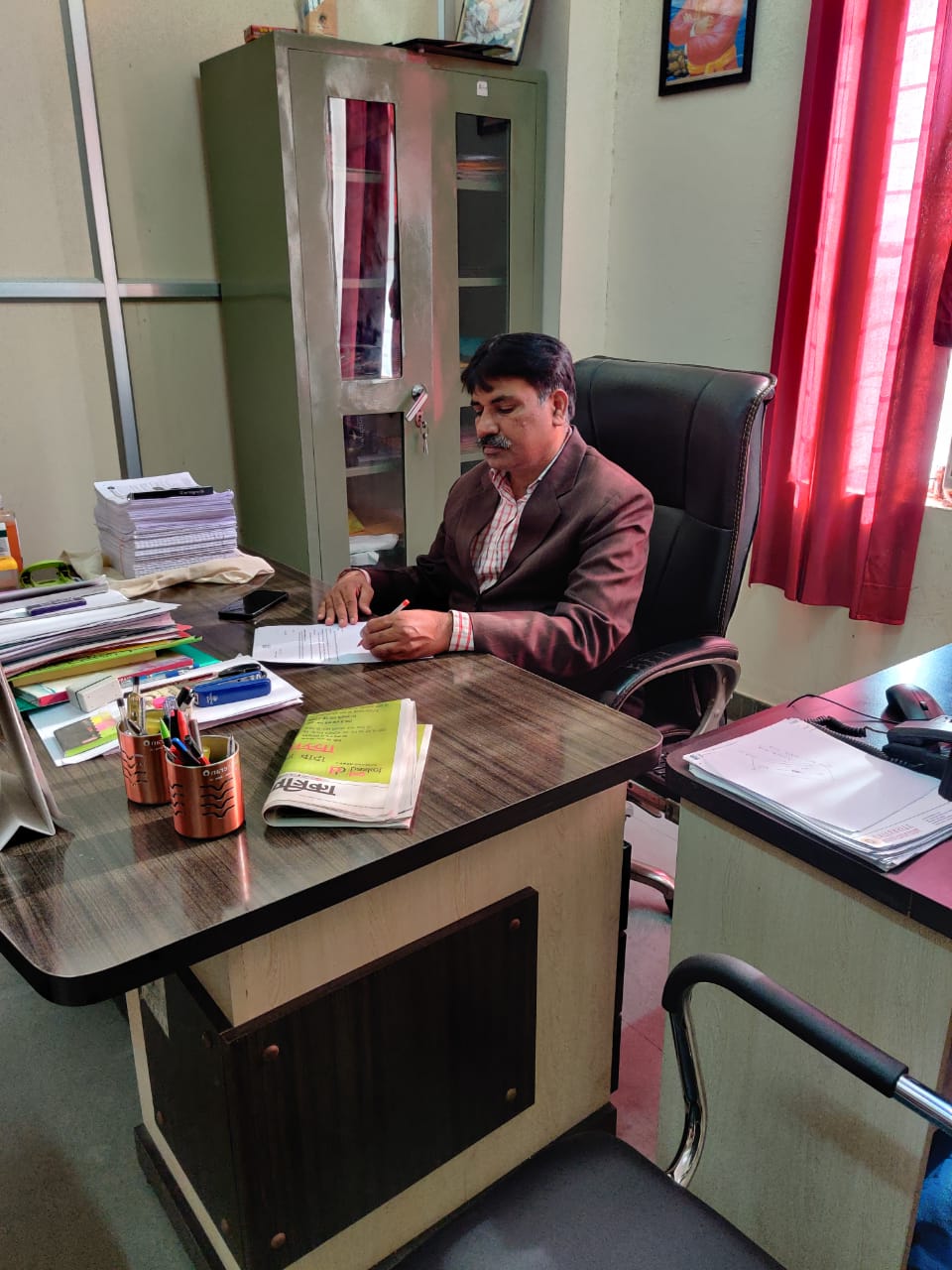
About the Department of Education
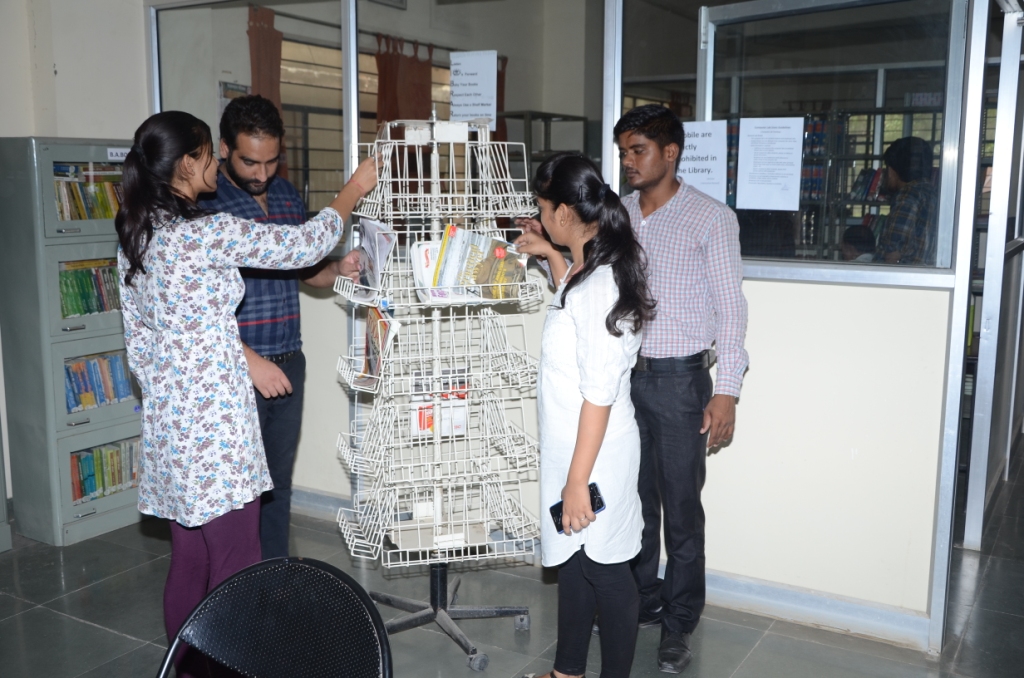
The Department is recognized as one of the progressive teacher education institute in the country known for its quality and innovativeness. The teaching programs involve not only practicing new ideas and concepts but also acquiring skills to act on those concepts to generate personal understanding and articulate the same.
The Department has a team of qualified and academically competent teachers. Teachers are engaged not only in teaching but also in undertaking research projects and guiding research. They actively participate in several academic fore at regional, national and international levels, such as seminars, conferences and workshops.
The Department regularly provides academic platform for teachers to participate in and interact with other field functionaries. These are in the form of regional and national seminars on relevant themes, workshops and refresher courses.
LABORATORIES
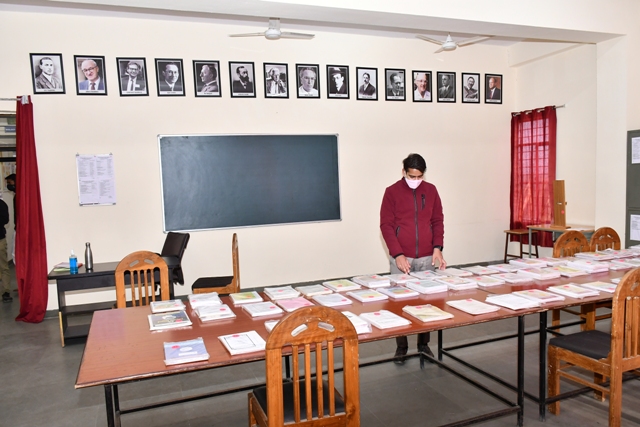
Psychology Laboratory
Educational Psychology is the systematic study of the educational growth and development of a child. Its application in the field of education with the aim of socializing man and modifying his behaviour. It describes and explains the learning experiences of an individual from birth through old age. Psychological tests have been prone to possess great utility in many spheres like guidance, appointments, selection for tracing, classification, according to the level of intelligence, prediction, diagnosis and research in the field of education. We have a psychology lab that trains the students in applying the knowledge of principles of educational psychology and techniques to facilitate optimum development of integrated personality. It provides First-hand experience to students teachers in conducting psychological aspects applicable to classroom teaching-learning situations.
The trainees conduct experiments in the lab under the guidance of psychology lecturers. Conducted Experiments are:-
> Verbal test of intelligence
> Non-Verbal test of Intelligence
> Memory Test
> Mirror Drawing Test
> Division of attention
> Questionnaire of teacher attitude
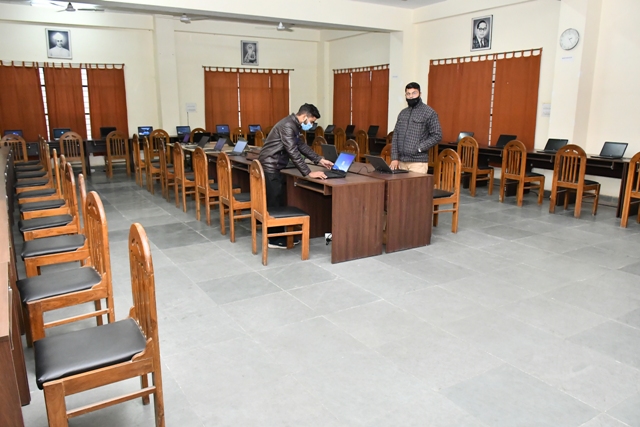
Computer Laboratory
The Department is having state-of-the-art Computer Lab. The Computer Lab is having 50 Laptop and Computers with multimedia software and internet facility; UPS with back up facility for 24 hours. It is useful for making the Power Point presentations for the teacher students under the subject Information and Communication Technology. The faculties are experienced and having vast knowledge in the subject.
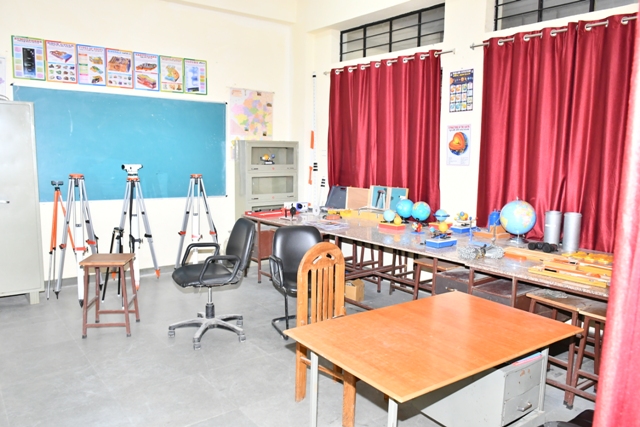
Social Science Laboratory
It is a portrait of Indian culture. It consist Art and Architecture of different civilizations of the world. It introduces students in the conduct of political, social and economical research using quantitative methodologies. The methods are examined in the context of specific research activities like public opinion surveys, comparisons of political processes in different countries and the evaluation of public policies. It also enhances the knowledge of geography and the horizon of everyday world. Different types of Maps, Charts, and Models are obtained in the Lab.
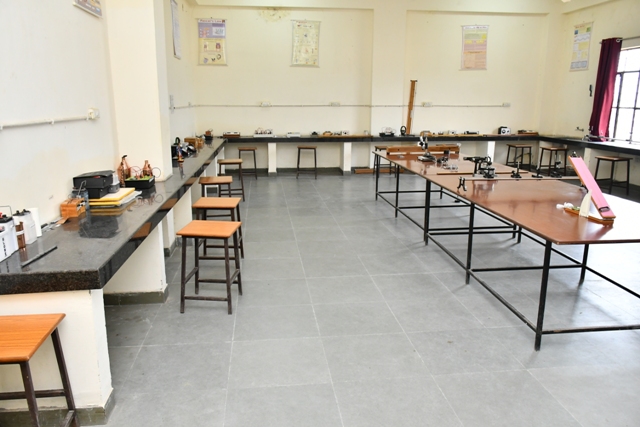
Physical Science Laboratory
This helps the student to develop a broad array of basic skills and tools of experimental physics and data analysis. It helps the students to understand the role of direct observation in physics and to distinguish between inferences based on theory and the outcomes of experiments and develop collaborative learning skills that are vital to success in many lifelong endeavours. There is an opportunity to make chemistry real, to illustrate ideas and concepts, to expose theoretical ideas to empirical testing, to teach new chemistry and as a source of evidence in enquiry and to learn how to devise experiments which offer genuine insights into chemical phenomena.
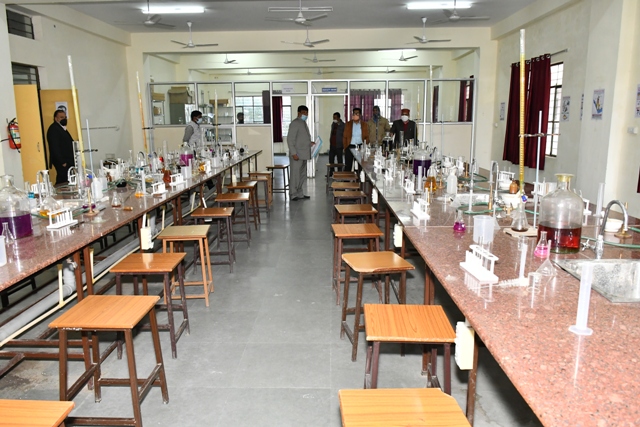
Biological Science Laboratory
The study of biology provides students with opportunities to develop an understanding of our living world. Biology is the study of life and its evolution, of organisms and their structures, functions, processes, and interactions with each other and with their environments. The knowledge of biology includes scientific data, concepts, hypotheses, theories, methodology, use of instruments, and conceptual themes. The students will use the processes and materials of science to construct their own explanation of biological phenomena. They observe, collect data and interpret data of life processes, living organisms, and/or simulations of living phenomena.
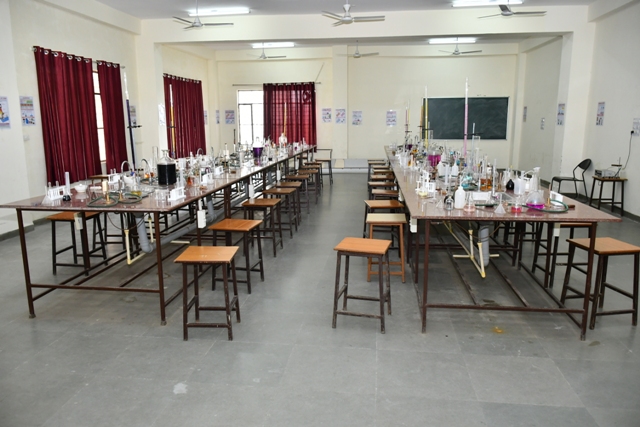
Chemistry Laboratory
The college has well equipped Chemistry room. The Chemistry Lab serves as a hands-on laboratory where inquisitive minds and science enthusiasts can explore the various domains and dimensions of scientific world to observe, experiment and analyze through discovery based teaching and learning. The lab encompasses a large collection of scientific apparatus, equipments, chemicals and educational aids to develop scientific temper and critical thinking in students. Apparatus are issued to the students for their demonstration lessons and skill in teaching examination.
LIBRARY
Our library has an excellent collection of Books, Educational journals, Periodicals, Magazines and News papers on all relevant subjects.
Students can make use of their available leisure hours in our spacious reading room with 200 seating capacity. Qualified Librarian has been appointed to maintain the Library. Internet facility is available in the library. In college library is kept open in all working days between 9 am and 5 pm with E. Lib facility.
Number of Books in Library – 15118
Number of Ref. Books in the Library – 1600
Number of Titles in the Library – 4500
Number of International Journals Subscribed – 06
Number of National Journals Subscribed – 25
Encyclopedia – 05
Test Books – 13518
